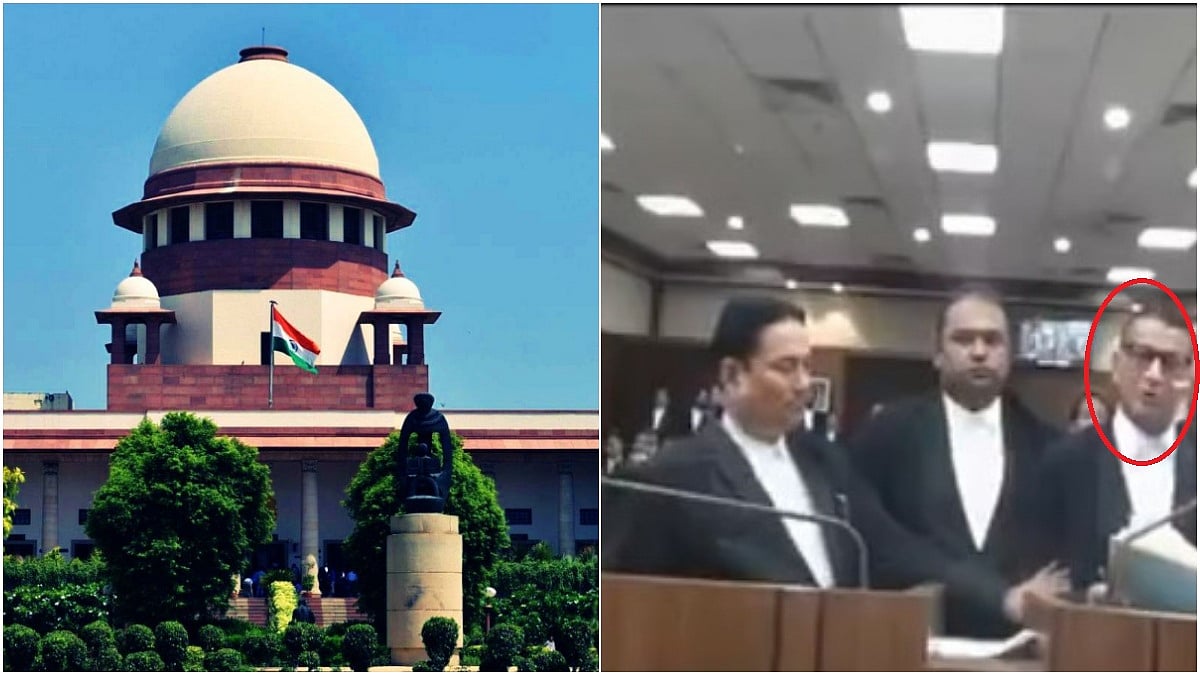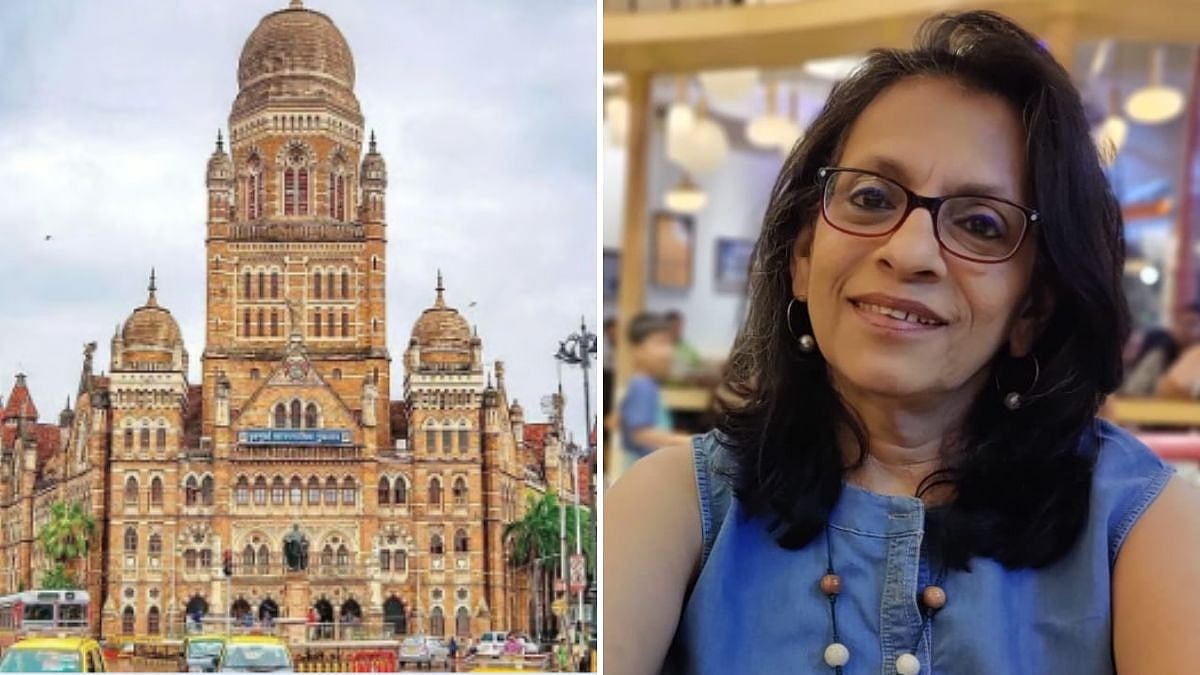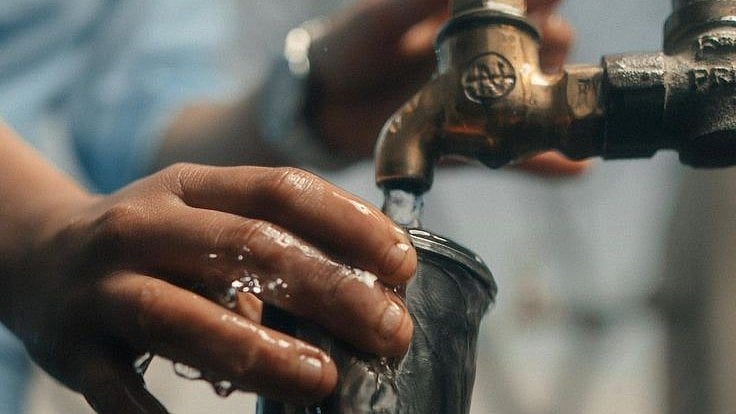Abrogation of Article 370 has been a long standing promise of the ruling party since the time of the Jana Sangh, BJP’s predecessor. Election after election, except in 1999 and 2004, the BJP has reiterated its commitment to scrapping Article 370 of the Constitution under which Jammu & Kashmir enjoyed special status. In 2014, the saffron party’s manifesto said, “BJP reiterates its stand on Article 370, and will discuss this with all stakeholders and remains committed to the abrogation of this article.” However, while reiterating its position on Kashmir, the BJP did not commit itself to discuss its abrogation with all stakeholders in its 2019 manifesto. The 2019 manifesto also mentioned BJP’s position on Article 35A of the Constitution: “We are committed to annulling Article 35A...as the provision is discriminatory against non-permanent residents and women of Jammu and Kashmir.”
After days of speculation following massive deployment of troops in Kashmir, the widespread assumption was that the government may leave Article 370 untouched but might repeal Article 35A. But to everyone’s surprise, the government revoked both. What also came as a bolt from the blue was Kashmir’s bifurcation into two regions and its downgrading from a state to two union territories. Given that political tide and timing favoured an action on Article 370, the government chose to go for the kill on the Himalayan state’s special status and statehood. Moreover, with regional parties helping the government pass contentious bills in the Rajya Sabha recently where it does not have a majority, the government had the momentum and nationalistic fervour in its favour to act decisively on Kashmir.
The BJP had earlier claimed that it could not repeal Article 370 during Vajpayee government due to lack of majority. It could be partly true. But then the BJP was also a relatively restrained party then, and Vajpayee was a reasonable politician in a party of Hindu hardliners. Apart from intense legislative obstructions and political and social challenges he would have faced, the fact remains that Vajpayee’s approach to Kashmir was also quite different from that of the current dispensation. In absence of widespread support and nationalistic passion, there was no case for a political adventure on Kashmir during Vajpayee’s tenure; the situation in Kashmir also did not call for brazen action then. Does that mean the current situation in Kashmir was more appropriate for the government to translate the BJP’s long-cherished goal into reality? That’s certainly debatable on several points – constitutional, political, ideological and social. But it seems the ground was prepared well in advance: first the President’s rule in 2018, followed by the decision to not hold assembly election along with general elections in May.
The key question is: does numerical strength in the lower house and ability to push through contentious bills in the upper house give liberty to a political party to foist its long-cherished goal on the nation and its citizens without consensus and due process of consultations with all stakeholders? Leave aside the overwhelming public support for the government’s decision on Kashmir, which is based more on rhetoric-driven emotions and limited information on the finer points of how and why Kashmir was granted special status, the central point of debate is whether due constitutional process has been followed to scrap Article 370. It is true that it was transitory and it had to go at some point of time, but the manner in which it has been done is undemocratic. To use parliamentary power to take away federal statehood or regular federal autonomy from an existing state and turn it into a Union territory is certainly not democratic.
It would be wrong to assume that Article 370, which has been diluted over the years, was the sole reason behind Kashmir’s degeneration into separatism, militancy and large scale political and social alienation. There are other reasons why Kashmir became a troubled state. One of them was lack of functional democracy, undue meddling from the Centre and long spells of President’s rule. Home minister Amit Shah claimed that Article 370 was the cause of lack of development in Jammu & Kashmir. He also blamed it for the “pitiful” condition of education, health and employment. Along with 35A, it was also blamed for blocking growth in the state. However, data collated by NDTV doesn’t support the government’s contention.
In the 10-year period from 2007-08 to 2017-18, Kashmir’s GDP increased from 5.9 per cent to 6.8 per cent. Unemployment rate in Kashmir is 5.4 per cent against the national average of 6 per cent. The home minister also said that panchayat elections could not be held in Kashmir. But the fact is panchayat elections were held in 2001, 2011 and 2018. In regards to health care, the home minister said that scrapping Article 370 will help bring Kashmir under Ayushman Bharat Yojana. But the fact is Ayushman Bharat was launched in Kashmir in December 2018. Kashmir’s special status was not a hurdle. On the contrary, on several indicators like health, gender justice, poverty, per capita state GDP, human development index and per capita consumption Kashmir is among India’s best states, ahead of even Gujarat.
The core of government’s argument is that a “historic wrong” has been remedied because Article 370 was discriminatory. But Kashmir is not the only state which enjoyed special status. There are nine other states, all from the North-East, which have special powers under Article 371, which restricts the Centre’s powers in these states. Like Kashmir, the North-East has also been the most troubled region and some of the states have witnessed large-scale insurgency. The parallels to Kashmir are closest in the case of Nagaland and Mizoram where the law says no act of parliament will apply to these states in respect of religious or social practices, customary law and procedure, administration of civil and criminal justice and ownership and transfer of land and resources, unless sanctioned by their assemblies. This means outsiders cannot buy land in these two states. Himachal Pradesh also has its own land reforms act which bars outsiders from buying land.
So, why was the BJP focused on Kashmir and Article 370, while no one talks about Article 371? The answer is simple: given Kashmir’s history and its accession to India, scrapping the article suits BJP’s political purpose. The motive behind stripping Kashmir of statehood, even if temporary, is that the Centre, apprehending trouble, wants full control over the law and order machinery. It has been one week since the government’s unilateral action on Kashmir and it is in a state of lockdown since August 5. Certainly, India has come a long way from the days of alleged “Muslim appeasement” politics of the Congress to BJP’s majoritarian politics. In democracy, both are undesirable.
The writer is an independent Mumbai-based senior journalist.









